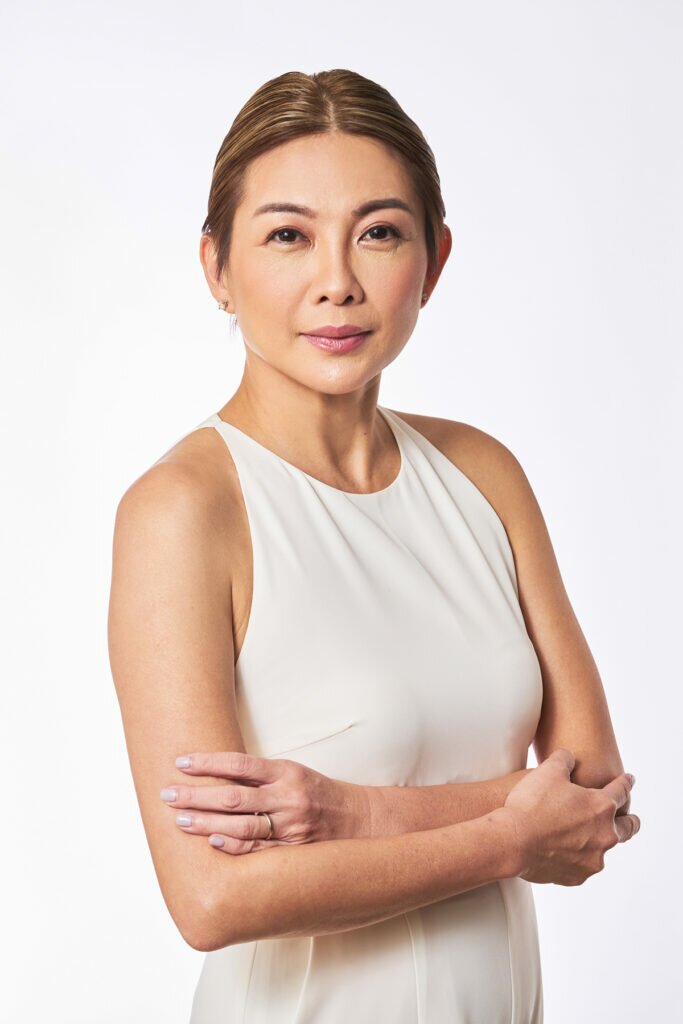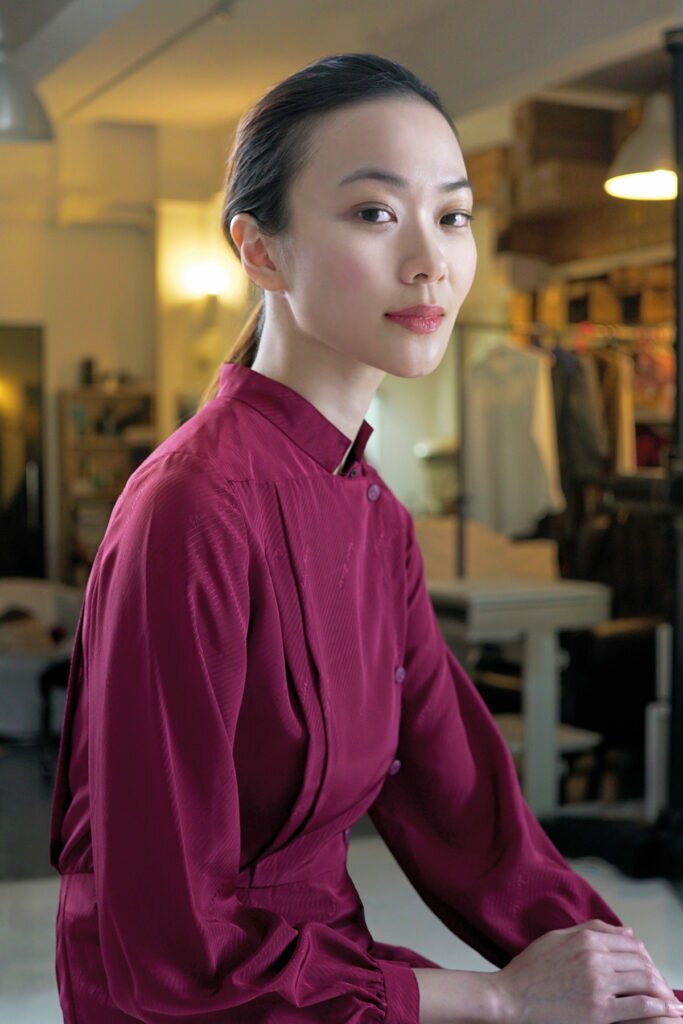When it comes to skincare, buying products over the counter has been our modus operandi for decades, until the advent of online shopping. Meanwhile, 2021 alone has seen numerous launches, re-launches, and new brands sprouting up and targeting a global audience. The idea of purchasing mass-produced formulas doesn’t seem like such an unreasonable option – if it works for people with a similar skin type, it should work for me too, right?
It doesn’t matter if you’re forking out $10 for a simple cleanser at the drugstore or splurging over $1,000 for exotic serums at luxury brands – buying over the counter is all about convenience. The brands you know well have spent thousands of dollars on research and development, paid for the right advertising avenues, nurtured influencers who can speak about their products knowledgeably, and made sure consumers can easily get their hands on their products from stores or through online shopping platforms. In short, they’ve tried to make their skincare as right for you as possible.
However, due to genetics, lifestyle choices, hormonal changes and ageing, our skin is ever evolving. No two skin types are ever the same, and even the condition of our skin today will not be as it was yesterday. Because of these factors, there is a risk that these generic skincare formulas may not always work for us, especially when the state of our skin is constantly fluctuating. This is one of the main reasons why bespoke skincare has emerged as a friendlier option to our skin woes.
Why Bespoke Beauty?
-

Kelly Keak -

Sabrina Tan
The concept of bespoke skincare has existed for decades, but only in recent years did the trend spike. One brand that hits close to home is mtm labo.
Launched in Japan during the 1990s as MTM Skincare, the brand was introduced to Singapore in 2003 when Dr Susan Teng brought it over and introduced the concept of skincare customisation to Singaporeans. MTM Skincare took off and gained success and recognition thanks to its relatively novel concept then. The brand was renamed to mtm labo in 2021 and in Singapore, it is now run by Kelly Keak, managing director of the local company and Dr Susan Teng’s daughter.
In 2008, Singaporean entrepreneur Sabrina Tan founded Skin Inc, hoping to introduce straightforward products that are “one size fits me” rather than “one size fits all”. While mtm labo’s products claim to tap into the powers of nature and botany in its custom blended formulations, Skin Inc’s formulations are led by science, innovation, and technology.
Both brands, along with many other luxury beauty brands with service counters such as Dior Beauty, SK-II and IOMA Paris, to name a few, utilise skin analysis devices that help with pointing out which areas of your skin require improvement. Through advanced technology, these devices can identify numerous factors including wrinkle depth, pore congestion, hydration levels and pigmentation intensity, among others.
Trained specialists ask clients a series of targeted questionnaires to understand your lifestyle choices and find out which habits and actions, including sleep patterns and sun exposure, are contributing to your skin troubles. Once a diagnosis is completed, the specialists will recommend the appropriate products from their shelves. What sets bespoke skincare brands apart from this is that they will go the extra mile to concoct formulas that are made specifically for your skin.
“With so many products in the market today, it can be difficult to decipher which skincare product is best suited for your skin type. This makes the search for an effective product for you a treasure hunt. We should know that customised skincare is possible, especially when a brand truly cares about the efficacy of their products for each and every client,” shares Keak.
Tan, echoes similar sentiments. She believes that everyone should be able to buy skincare and devices that are customised to their specific concerns. “Nobody should compromise on their skin’s health by buying generic mass products that do not address their unique needs. At the end of the day, many consumers are buying many products, and end up spending more than coming to us for a customised serum, device, or other products,” she elaborates.
The Pandemic’s Effect on Bespoke Beauty
One of the reasons why an individualised approach to skincare and beauty is in demand today is because such personal services are considered a luxury, according to research by Mintel, a London-based market research firm.
Rather than forking out money on an expensive serum that is easily available in stores, customers would rather spend it on the whole experience of getting their skin analysed by hospitable brand staff and having a customised formula in their hands which possibly nobody else in the world also has.
“With shoppers becoming more informed and selective with beauty offerings and what goes onto their vanity tables now more than ever, there has been a spike in demand for bespoke beauty. We noticed that our customers today, new and old, are more involved in personalising their products to meet their distinct requirements. They understand the ingredients and formula benefits, or in our case, selecting the suitable serums for your skin type/concern thanks to all the education they’re absorbing from the internet,” observes Tan. “They appreciate that bespoke beauty is tailored specifically to their needs.”
Keak also mentioned that the pandemic had a part to play in this shift. “Going for treatments at spas and clinics was prohibited for a while during the pandemic, and many businesses including ours saw an increase in interest for stay-home beauty regimens. With more people finding themselves working from home and needing a self- care activity, our custom-blended products became more popular with our customers,” she shares.
“With the rise of mental health awareness during the pandemic, many of us are forced to be more in tune with ourselves. So, it is important that we are equipped with the knowledge to be able to take care of ourselves, and skincare is one of the ways we can do that. Customers also feel ‘empowered’ when they’re learning what goes into their customised products from our specialists during their appointments.”
What The Dermatologist Thinks
“Customised skincare is marketed as skincare designed specifically for an individual, and the mass appeal lies precisely in being offered a personal ‘diagnosis’ and having skincare tailored specifically for you thereafter,” says Dr Teo Wan Lin, a board-certified dermatologist who also is the founder and medical director of TWL Specialist Skin & Laser Centre.
“It is not a novel concept or requirement because traditionally, patients with actual skin concerns will first visit a dermatologist where they would receive ‘customised prescriptions’ as part of their treatment,” she added.
While she concurs that devices such as facial scanners are highly advanced and also used in medical clinics like hers, she cautions that consumers should not rely solely on the diagnosis of bespoke skincare specialists or conclude that they do not need medical care for some truly dermatological concerns.
With regards to DNA testing to find a bespoke skincare, she shares that this practice is not currently widely accepted by the dermatology community. “While we do know that genetics influence the development of various skin disorders, these test kits that can ‘trace your DNA’ to assess any skin related issues are not verified in a setting beneficial for community health,” she warns.
As a medical practitioner, Dr Teo advised that any diagnosis by a skincare brand should not replace the actual diagnosis of a skin condition. Customising skincare should only cover your skin type, whether it’s dehydrated, oily, ageing, and so on.
“If you have any signs of a skin disease such as inflammation, flaking, redness, pus, or bumps, these are actually pointing to actual skin pathology and a qualified dermatologist’s advice ought to be sought.”


